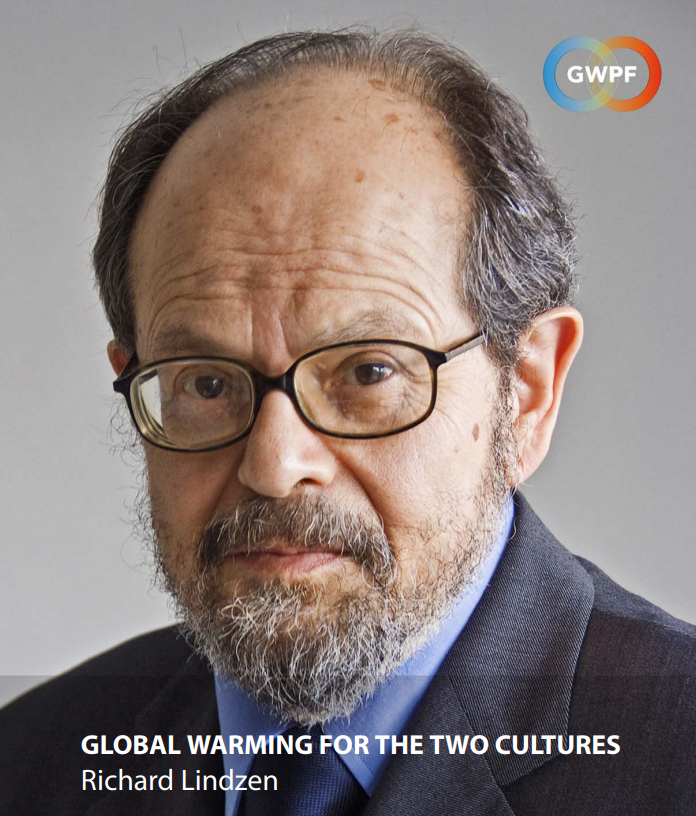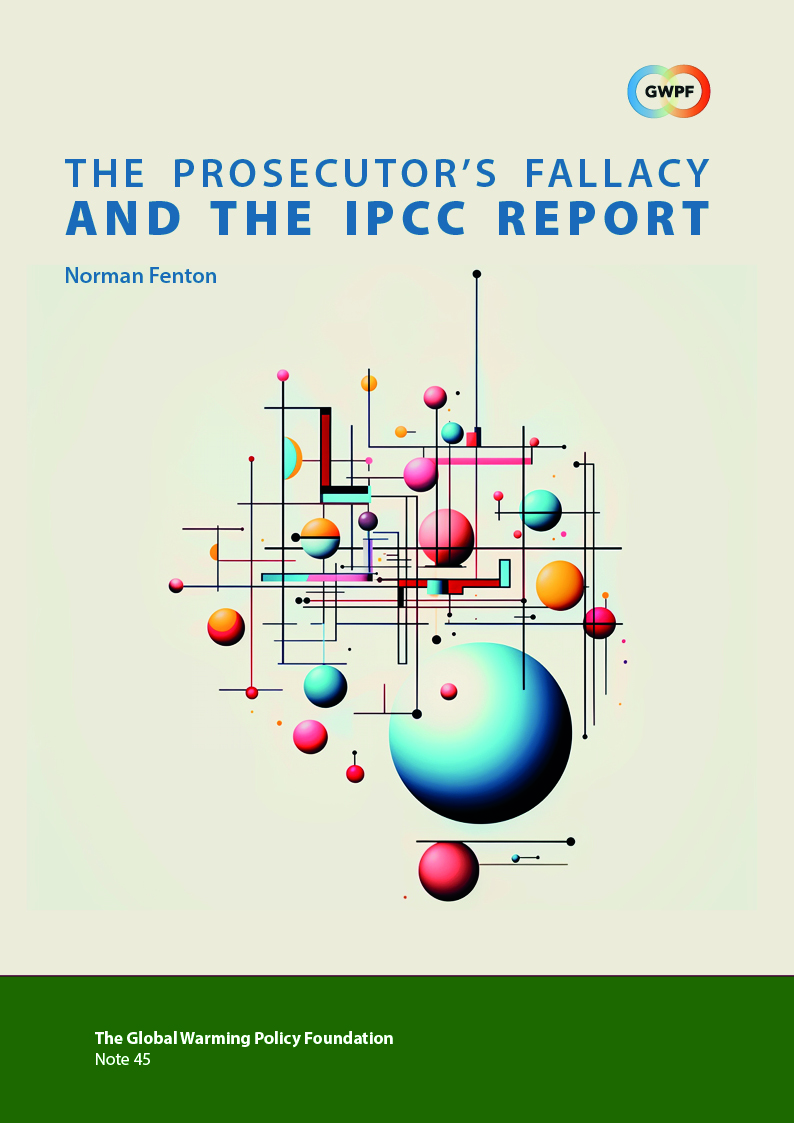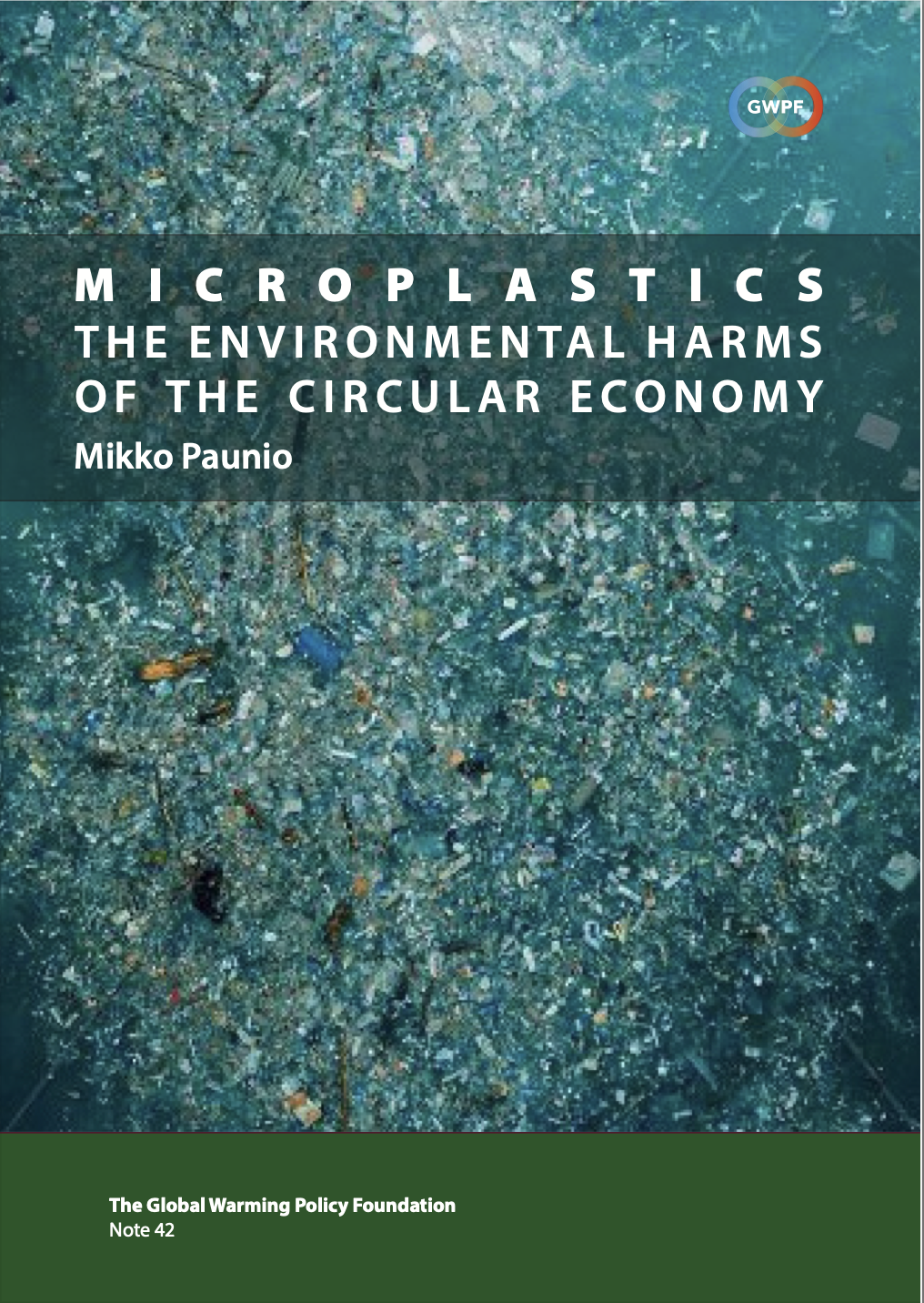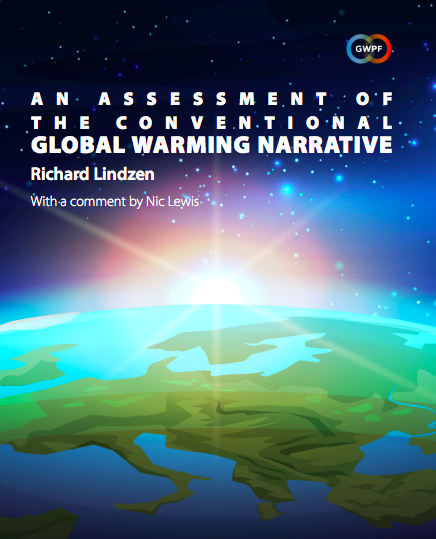2018 Annual GWPF Lecture
Richard Lindzen
Global Warming For The Two Cultures
Over half a century ago, C.P. Snow (a novelist and English physical chemist who also served in several important positions in the British Civil Service and briefly in the UK government) famously examined the implications of ‘two cultures’:
“A good many times I have been present at gatherings of people who, by the standards of the traditional culture, are thought highly educated and who have with considerable gusto been expressing their incredulity at the illiteracy of scientists. Once or twice I have been provoked and have asked the company how many of them could describe the Second Law of Thermodynamics. The response was cold: it was also negative. Yet I was asking something which is the scientific equivalent of: Have you read a work of Shakespeare’s?
I now believe that if I had asked an even simpler question – such as, What do you mean by mass, or acceleration, which is the scientific equivalent of saying, Can you read? – not more than one in ten of the highly educated would have felt that I was speaking the same language. So the great edifice of modern physics goes up, and the majority of the cleverest people in the western world have about as much insight into it as their Neolithic ancestors would have had.”
I fear that little has changed since Snow’s assessment 60 years ago. While some might maintain that ignorance of physics does not impact political ability, it most certainly impacts the ability of non-scientific politicians to deal with nominally science-based issues. The gap in understanding is also an invitation to malicious exploitation. Given the democratic necessity for non-scientists to take positions on scientific problems, belief and faith inevitably replace understanding, though trivially oversimplified false narratives serve to reassure the non-scientists that they are not totally without scientific ‘understanding.’ The issue of global warming offers numerous examples of all of this.
I would like to begin this lecture with an attempt to force the scientists in the audience to come to grips with the actual nature of the climate system, and to help the motivated non-scientists in this audience who may be in Snow’s ‘one in ten’ to move beyond the trivial oversimplifications.



